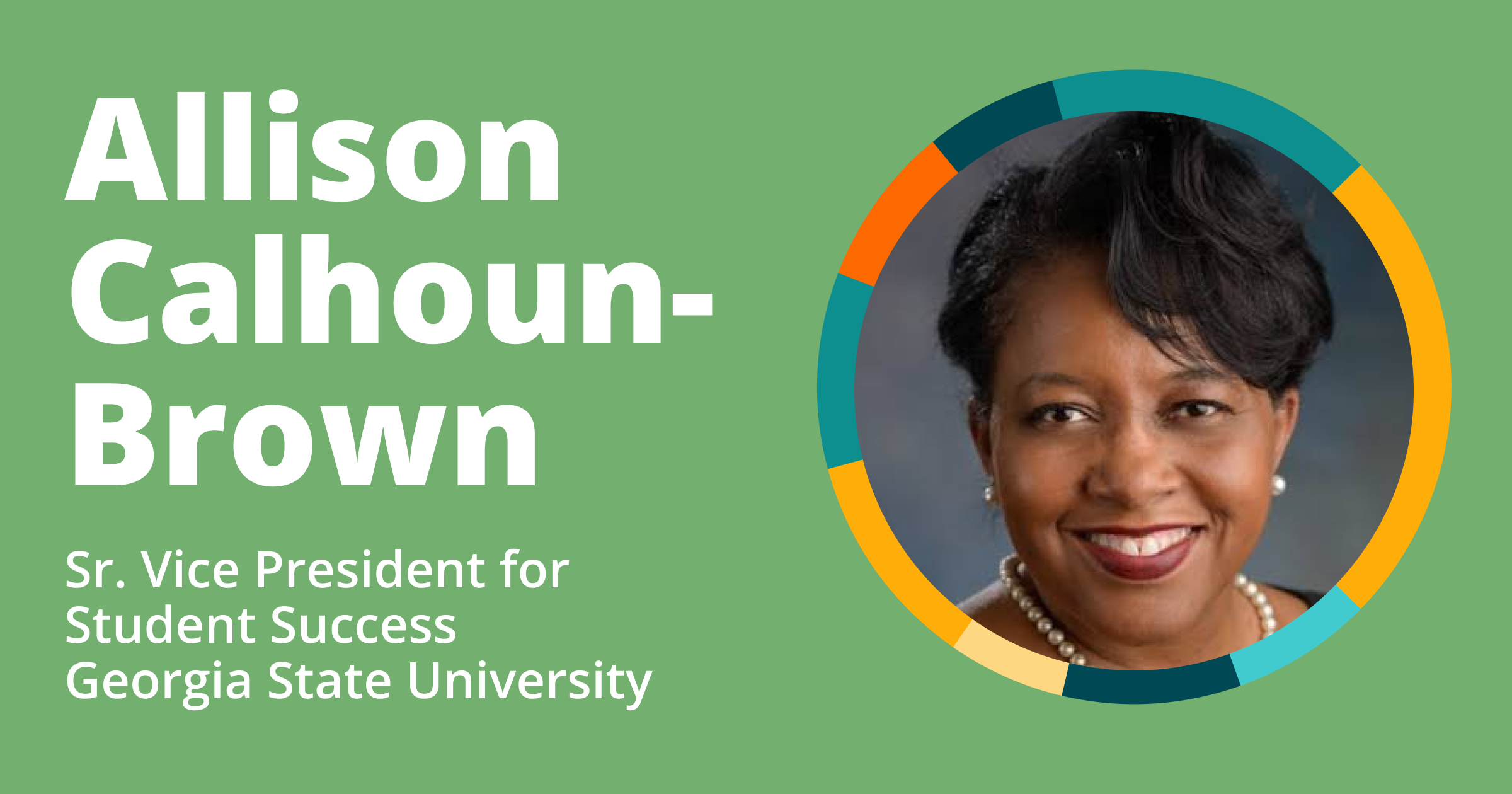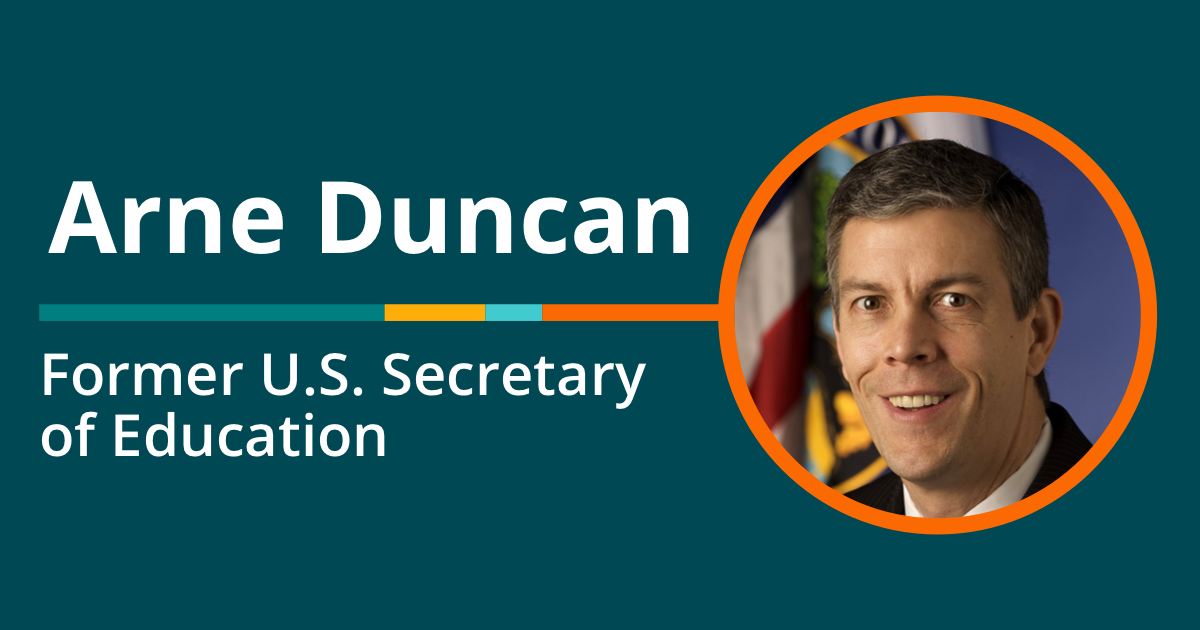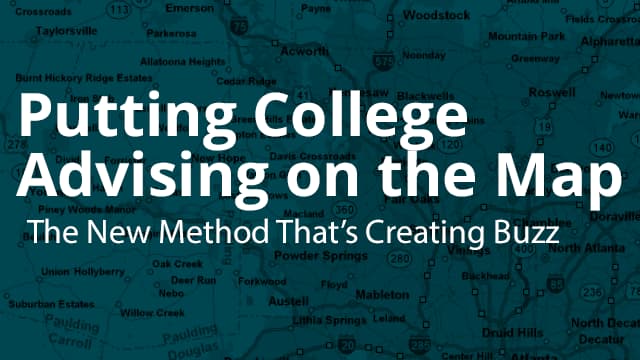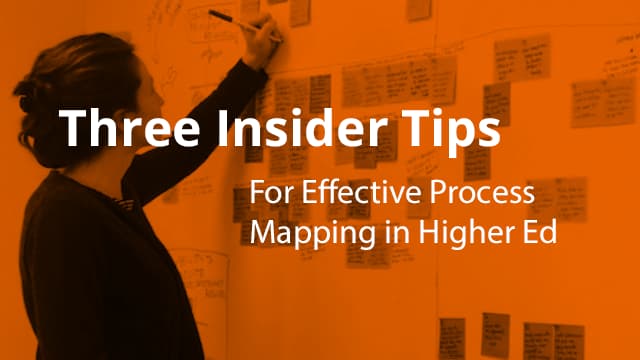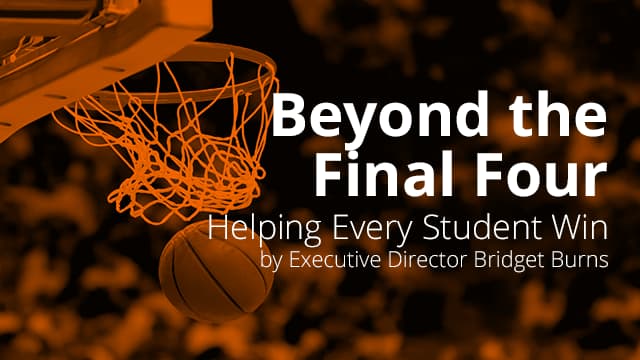Earlier this year, several students at University of California, Riverside (UCR) found themselves stuck in a difficult situation. They had failed to register for a full-time course load, so they hadn't received their financial aid, but a hold on their accounts prevented them from enrolling in a full-time course load. It was what you might call “a financial aid loop”.
While just a few semesters ago, these students would have likely fallen through the cracks, UCR now tracks students proactively through a project called Monitoring Advising Analytics to Promote Success (MAAPS).
Our advisors had a problem. They had millions of data points—grades, test scores, and more—at their fingertips but no time to figure out how to use them to help their students. Applied at just the right time, this data could be used to proactively reach out to students to avoid common issues and resolve minor mixups before they became major barriers. However, advisors were too busy addressing current problems to try to prevent new ones. It was a messy, complex situation but one particularly suited to process mapping.
When Villanova’s Kris Jenkins hit a three-pointer at the buzzer to win the men’s NCAA basketball championship last month, the nation erupted in cheers. America loves an underdog, and Villanova — a small private school competing against perennial powerhouse North Carolina — wasn’t expected to win. The championship was their first in 31 years and just their second in history.
Underdog stories are inspiring in college athletics because we love to see ordinary people achieve extraordinary success through hard work and determination. And in sports, there can only be one champion.
PORTLAND, OR, September 21, 2015 – Today, the U.S. Department of Education announced that the University Innovation Alliance (UIA) and Georgia State University were selected as one of the winners in its First in the World competition to encourage innovation among institutions of higher education. The UIA has been awarded $8.9 million to conduct a four-year research study on its 11 member campuses to evaluate the effectiveness of advising in increasing retention, progression, and graduation rates for low-income and first-generation students.

